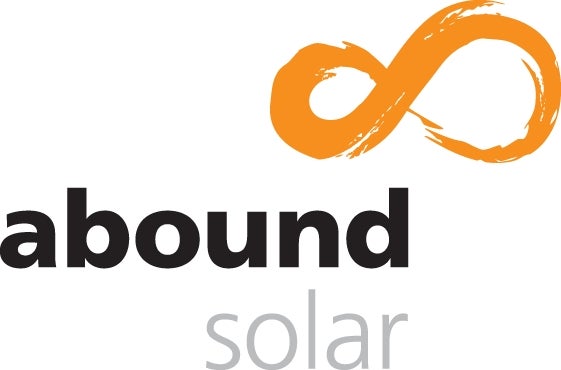Abound Solar: Doomed to Fail Because of Election-Year Politics, Investor Says
Michael Sandoval /
One of Abound Solar’s venture capital investors blamed election-year political games for the collapse of the Colorado-based thin film solar panel manufacturer, according to a new interview.
John Hill, discussing the demise of a company and technology he invested in both financially and emotionally, acknowledged that the company’s troubles could not be seen outside the filter of the similar collapse of another solar panel maker, Solyndra.
Though he agreed with former Abound Solar CEO Craig Witsoe’s analysis suggesting that Chinese solar manufacturers propped up by Chinese government subsidies had led to a collapse in prices and endangered the prospect of U.S. -based solar manufacturers, it did not account for what Hill said occurred next.
“After Solyndra, the Department of Energy was balking and not releasing any more money under the loan guarantee because they didn’t want to be embarrassed in an election year,” he told MarketWatch.
Hill met with Colorado Democrats like Gov. John Hickenlooper and Sen. Michael Bennet, but could not prevail upon them to act.
“None of these guys would touch it. They said ‘Solyndra is a poisonous issue,’” according to Hill.
The Department of Energy, which had granted Abound its $400 million loan guarantee, suddenly began to enforce many of the stringent benchmarks that precluded access to drawing down additional loan funds, something it only did in the wake of the Solyndra news, Hill said.
Of the many facets of Abound’s bankruptcy, Hill pointed to the highly touted Tipton, IN, manufacturing facility that was intended to create at least 1,000 jobs that never materialized. But it was the Energy Department’s loan requirements, not an overambitious company, that forced the company to purchase the never-used facility.
“The DOE made us buy that plant as part of the deal, and then they bailed out and wouldn’t give us any of the money,” Hill said.
The disappointed Hill likened venture investing to betting in Las Vegas; he estimated that just 20 percent of venture-backed firms succeed. Others are doomed to “fail, often spectacularly.” The types of companys financed are inherently “risky,” he said.
Hill lamented having taken the DOE loan:
I’d rather not have to go to the DOE for a loan guarantee. The way the free-enterprise system should work is that we all have to access capital through the same means. Those who have the most compelling technologies should win. That’s an ideal. That’s not the way it works.
Agreeing with the former company CEO’s testimony, Hill argued that Chinese solar manufacturers remained in the game longer thanks to “state-sponsored capitalism,” and enjoyed unfettered access to capital due to the Chinese government’s intent on gobbling up the world market for solar panels.

